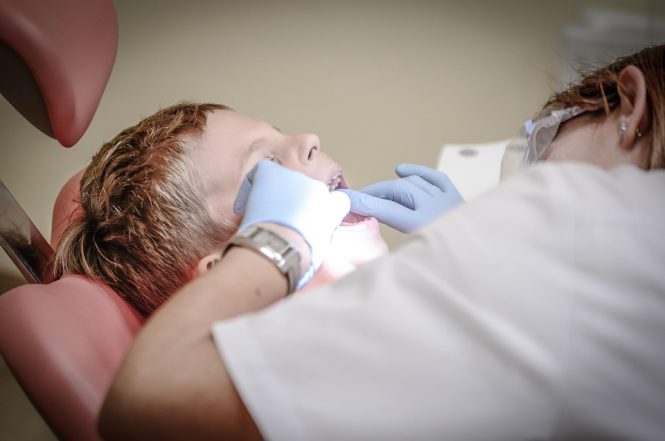
General Dental Health: A Comprehensive Guide
Maintaining good oral health is essential for overall well-being. General dental health encompasses a range of practices and habits that help prevent dental problems, detect issues early, and promote a healthy, beautiful smile. In this article, we will delve into the importance of general dental health, common dental problems, and provide tips on how to maintain good oral hygiene.
Why is General Dental Health Important?
Good oral health is closely linked to overall health. Research has shown that there is a significant connection between gum disease and various systemic conditions, such as heart disease, diabetes, and respiratory infections. Moreover, poor oral health can lead to pain, discomfort, and embarrassment, affecting an individual’s quality of life. By prioritizing general dental health, individuals can reduce the risk of dental problems, boost their self-confidence, and maintain a healthy, functional smile.
Common Dental Problems
-
- Tooth Decay: Also known as cavities, tooth decay is a bacterial infection that causes demineralization of tooth enamel, leading to holes and pain.
-
- Gum Disease: A chronic infection of the gums, also known as periodontal disease, which can cause inflammation, bleeding, and eventual tooth loss.
-
- Tooth Sensitivity: A common issue characterized by sharp pain or discomfort in response to hot or cold temperatures, sweet or sour tastes, or pressure.
-
- Bad Breath: Also known as halitosis, bad breath can be caused by poor oral hygiene, gum disease, or other underlying medical conditions.
Tips for Maintaining Good General Dental Health
-
- Brushing and Flossing: Brush teeth at least twice a day with a fluoride toothpaste and floss once a day to remove plaque and food particles.
-
- Regular Dental Check-ups: Schedule dental appointments every six months for cleanings, exams, and preventative care.
-
- Balanced Diet: Eat a well-balanced diet rich in fruits, vegetables, and whole grains, and limit sugary and acidic foods and drinks.
-
- Mouthwash and Interdental Cleaning: Use mouthwash and interdental cleaners to supplement brushing and flossing, reaching areas that are difficult to clean.
-
- Avoid Tobacco and Nicotine: Quit smoking and using tobacco products, as they can lead to oral cancer, gum disease, and tooth decay.
-
- Monitor Sugar Consumption: Limit sugary foods and drinks, as they can contribute to tooth decay and other dental problems.
-
- Use a Tongue Scraper: Regularly scrape your tongue to remove bacteria and freshen breath.
Additional Tips for Specific Groups
-
- Children: Encourage children to brush and floss regularly, and schedule dental appointments every six months.
-
- Pregnant Women: Maintain good oral hygiene and schedule dental appointments to prevent pregnancy-related gum disease and other complications.
-
- Older Adults: Continue to prioritize oral hygiene, and consider using electric toothbrushes or adaptive devices to make brushing and flossing easier.
-
- Individuals with Medical Conditions: Inform your dentist about any medical conditions, such as diabetes or heart disease, as they may impact your oral health.
Conclusion
General dental health is a vital aspect of overall well-being. By understanding the importance of oral health, recognizing common dental problems, and adopting good habits and practices, individuals can maintain a healthy, beautiful smile and reduce the risk of dental problems. Remember to prioritize regular dental check-ups, brush and floss regularly, and make informed choices about your diet and lifestyle to ensure optimal general dental health.